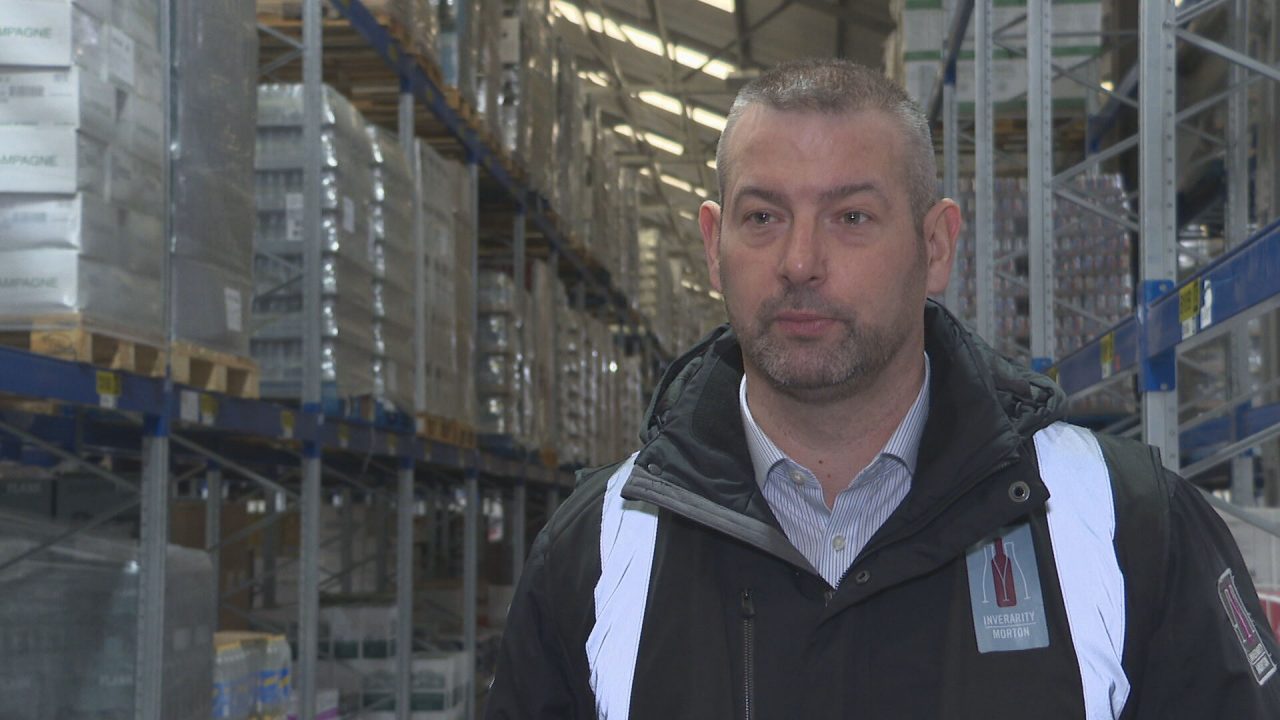Businesses have warned they have a “gun to their head” to sign up to Scotland’s deposit return scheme before the deadline despite missing out on key details about the project.
Circular economy minister Lorna Slater said the bottle recycling plan – which will go live in August – was “all systems go” in the wake of industry and political concern over its rollout.
Shoppers will be charged a 20p levy when buying a drink in one of three single-use containers, which will be refunded to them when they take the empty cans and bottles back for recycling.
Hundreds of leading figures from businesses in the food, drinks and hospitality sectors have already sent an open letter calling for the initiative to be paused so that changes can be made.

The Scottish Government’s own rural secretary, Fergus Ewing, and fellow veteran SNP MSPs are also among those to have written to Nicola Sturgeon asking for more time to review the initiative in the wake of a Holyrood document published in December which “identified that the scheme cannot be made to work as planned”.
Producers have until the end of February to register, but have raised concerns over the impact on trade, price rises that could passed on to customers and a potential reduction in choice.
Stephen Annand, from wholesaler Inverarity Morton, said the plans in principal were backed by a vast majority of the industry, but questioned whether they needed to be put through by the end of summer.
“There’s real concern among producers over the next two weeks that will have a gun to their heads to sign up to a scheme that they do not have the full details of,” he said.
“I haven’t met a producer, a wholesaler or an on-trade customer that isn’t supportive of the environmental policies going forward. What we need is a scheme that actually works.”

All firms producing drinks for sale in Scotland in plastic, glass or metal containers between 50ml and three litres in size are “legally required to take part in the scheme”, administrators at Circularity Scotland have confirmed.
It covers PET plastic, glass bottles and metal cans.
Gin famer Jenny McKerr, from the Wee Farm distillery in Forth, South Lanarkshire, said the triple-pronged pressures from Brexit, the emergence from the Covid pandemic and the cost of living crisis meant the scheme was being implemented at the “worst possible time”.
She added the policy should be brought in in October 2025, when the rest of the UK will follow suit with its own rollout – more than two years after the Scottish plans.
“It’s going to affect cash flow more than anything,” she told STV News.
“We’ve been absorbing costs for quite a number of years now, our budgets are getting tighter all the time. And we also need to pay up front for the responsibility of recycling. So we’ll need to add money on to co-operate.
“We’re not well-equipped for that at this time of the year. Distilling is seasonal, particularly in the way we sell our gin, there’s not a massive amount of sales at the start of the year.”
She added: “the reason we make gin is because we are a diversified farm. We need to make gin to sustain the food on the farm and now this sector is under attack as well from our own Government policy.
“It feels like the Scottish Government are not listening to Scottish businesses.
“We are for this scheme, but not now. We have to let businesses recover.”
A Scottish Government spokesperson said “proportionate” measures for compliance would be in place and that businesses would be given time to make the appropriate changes.
They added: “We understand that this is a big change, especially for smaller businesses, and we have always said that we are committed to a pragmatic approach to implementation.
“Ministers continue to work with affected businesses to address outstanding concerns and ensure the scheme launches successfully – an example being that, earlier this week, certainty on how VAT will be applied to the Scheme was secured from the UK Government.
“We want businesses to be ready for the scheme going live on August 16. However, the Scottish Environment Protection Agency (SEPA) has agreed that, where there are clearly evidenced operational challenges, they will take a proportionate approach to compliance.
“They have committed to providing advice and guidance as the preferred route to achieving compliance for businesses who are striving to meet their obligations.”
Follow STV News on WhatsApp
Scan the QR code on your mobile device for all the latest news from around the country





























